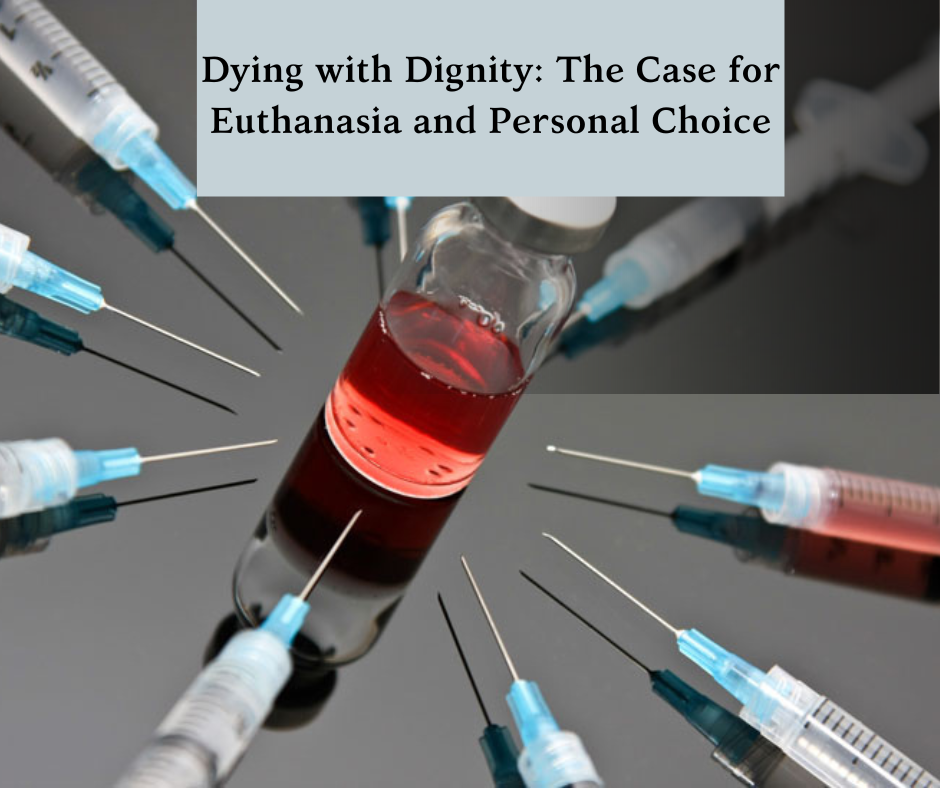In the case of Harish Rana v. Union of India & Ors, the Delhi High Court recently declined to issue instructions for the formation of a medical board to consider euthanizing (mercy killing) a man who has been in a permanent vegetative state for more than ten years.
Judge Subramonium Prasad dismissed the request of 30-year-old Harish Rana in a decision dated July 2, stating that he is capable of supporting himself without the need for additional outside assistance and that he is not being kept alive artificially.
“The petitioner is thus living and no one, including a physician, is permitted to cause death of another person by administering any lethal drug, even if the objective is to relieve the patient from pain and suffering… While the Court sympathises with the parents as the petitioner is not terminally ill, this Court cannot intervene and allow consideration of a prayer that is legally untenable,” the Court said.
Rana petitioned the High Court via his parents to establish a medical board to assess his health and determine whether to administer euthanasia.
Rana was a student at Punjab University when he fell from his paying guest house’s fourth story, breaking his skull.
It was said that he has not replied for the past 11 years and has been confined to his bed since 2013.
It was mentioned that he had developed enormous, deep bed sores, which have now led to more illness.
It was reported to the court that his parents, who are aging, are unable to care for him and have given up on his recovery.
Referring to the Supreme Court’s ruling in Common Cause v Union of India, Justice Prasad stated that active euthanasia—that is, mercy killing through the injection of external drugs—is illegal under the ruling of the highest court.
“In view of the above, this Court is not inclined to accept the request of the petitioner to refer the petitioner to a medical board to consider as to whether the petitioner can be allowed to undergo passive euthanasia. Accordingly, the petition is dismissed along with the pending applications, if any.”
Advocates Neeraj Gupta, Manish Jain, Vikas Kumar Verma, Chelsi, Anchal, Rajesh Kumar and Shanky Jain.
The Union of India was represented by attorneys Kushagra Kumar and Abhinav Bhardwaj, as well as Central Government Standing Counsel (CGSC) Ripu Daman Bhardwaj.
AIIMS was represented by advocates Kautilya Birat and Satya Ranjan Swain.
The Delhi administration was represented by Vishal Chanda and Udit Malik, Additional Standing Counsel.



